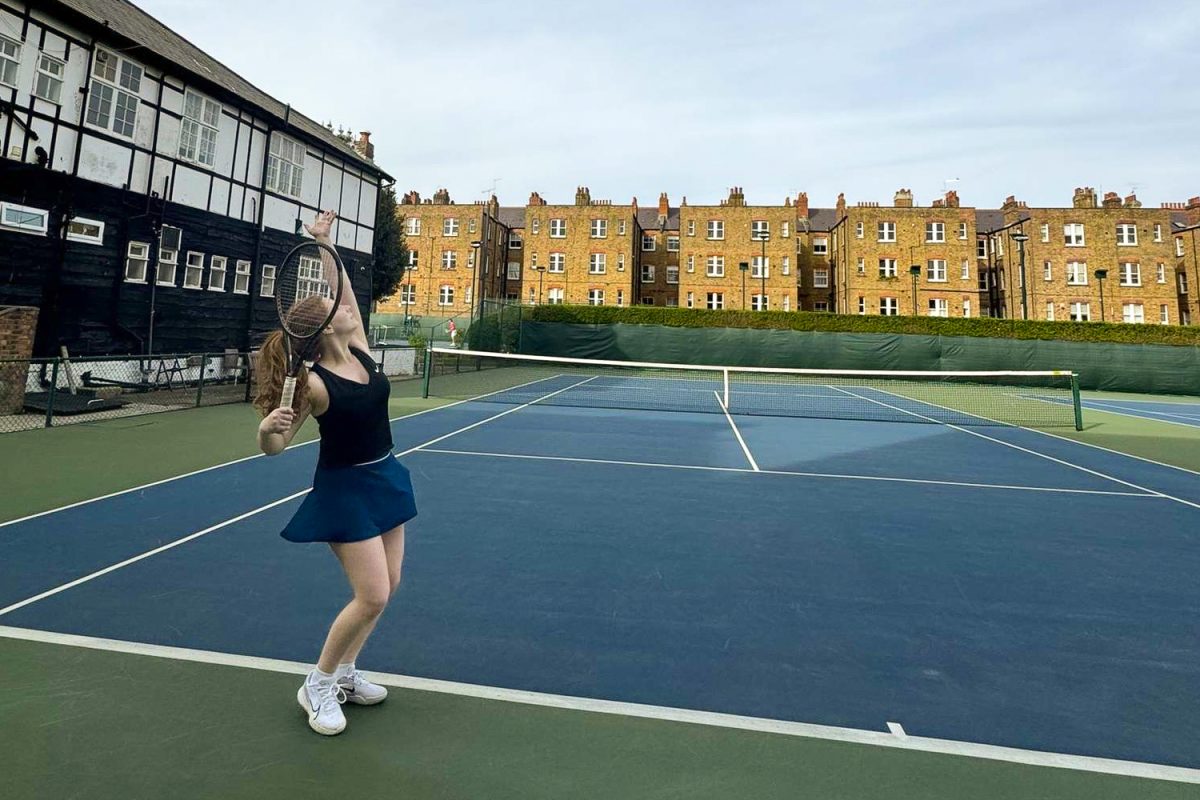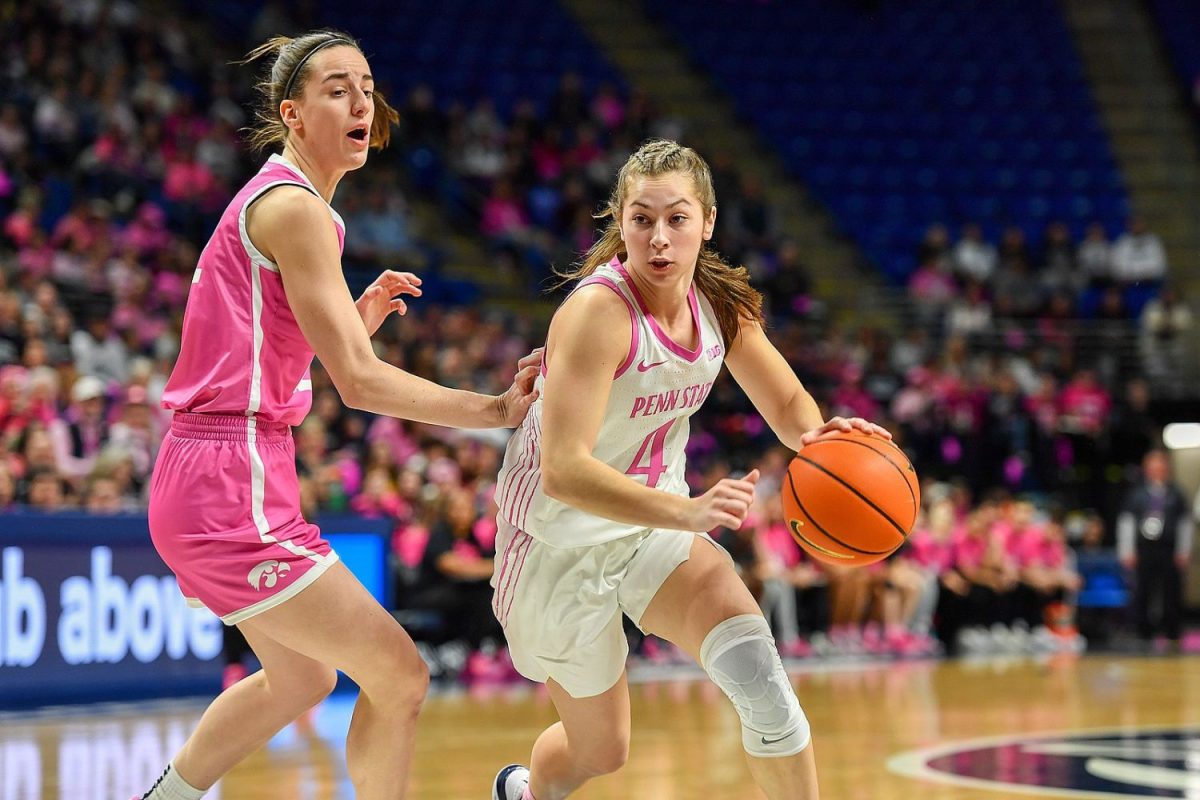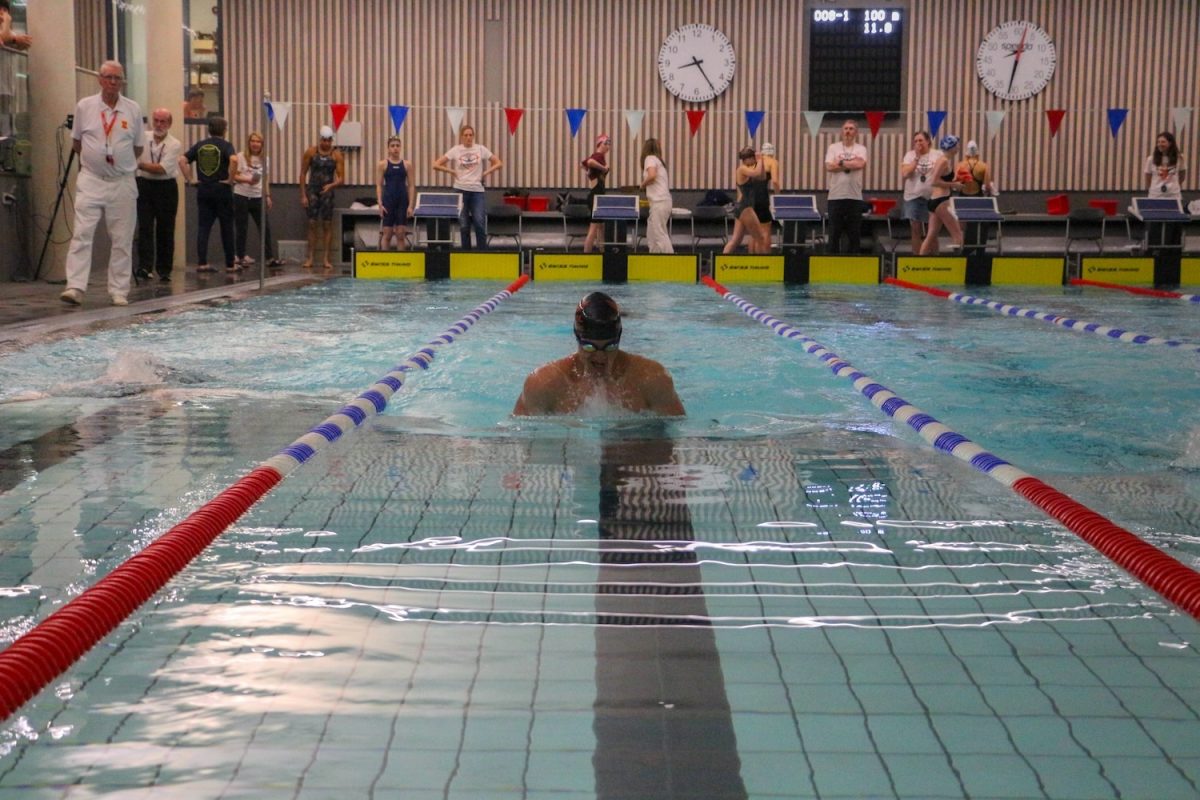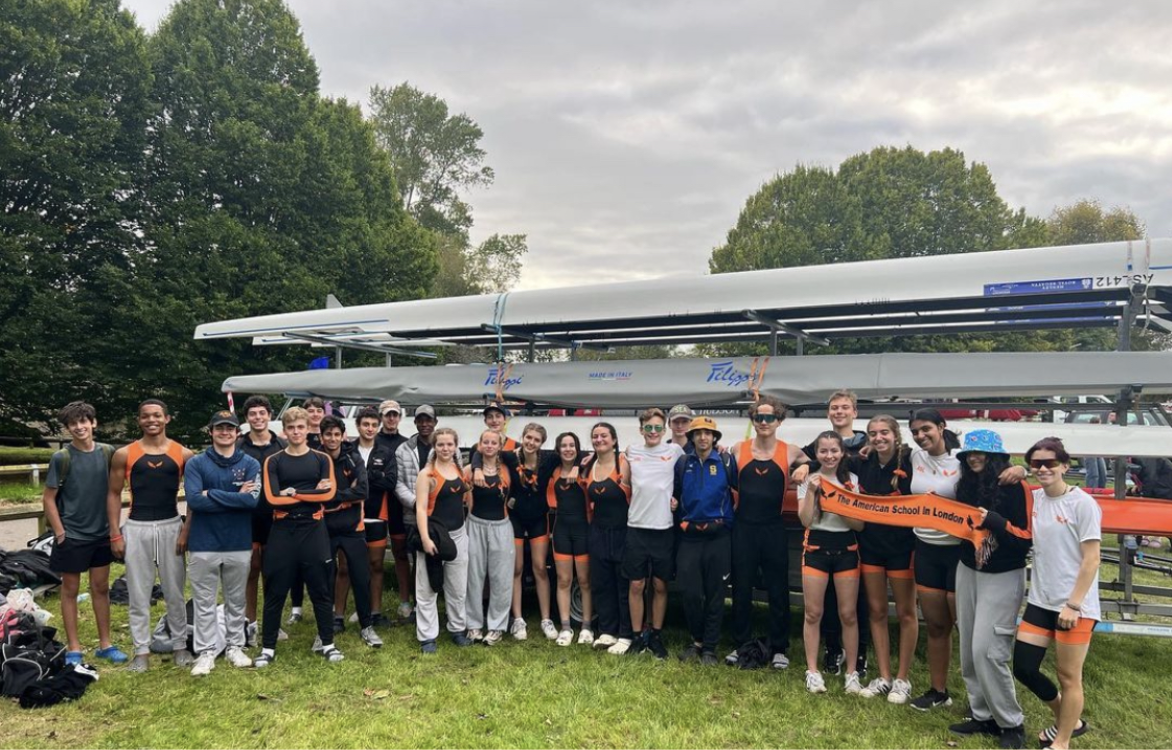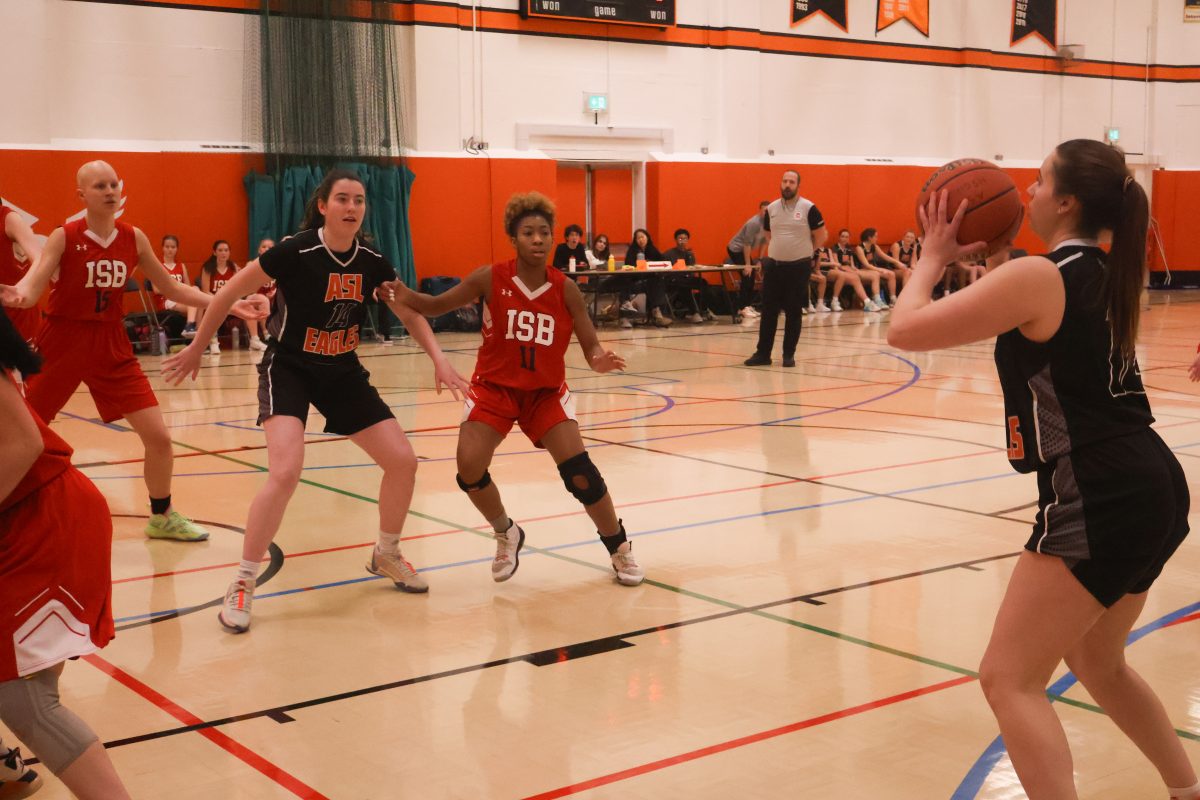Every team needs a leader and every leader needs leadership skills. It sounds fundamental, but little time, energy, or resources are committed to the captains of varsity teams. The purpose of the Captains Council is to fulfill such needs for captains during optional lunch meetings.
Captains set the topics discussed in these meetings, specifically the three leaders of the Captains Council, Bobby Collins (’16) Andrew Noorani (’16) and Elizabeth Vann (’16). Meetings focus on subjects ranging from integrating younger players on an older team to increasing communication within the team or improving players’ effort.
Varsity field hockey captain Annie Timbers (’16) appreciates what she learned from the meetings. “We gained insight on how to deal with these issues. I think it made me a better captain,” Timbers said.
When organizing the council, Athletics Director John Farmer wanted “invested” members of the council to lead meetings. Collins, Noorani and Vann ran for the positions unopposed and were unanimously picked.
Farmer created the Captains Council in its current form at the outset of last year to support captains. “The goal is for them to learn from each other… and be able to work through problems and help each other understand things that have worked, things that haven’t worked.”
A positive aspect of the Council for Timbers is sharing similar concerns with peers. “It was pretty helpful just to see that other captains were experiencing the same issues that we might be experiencing,” Timbers said.
All former captains are invited to meetings regardless of their current status on a team or as a captain.
A varsity golf captain last season, Andrew Franz (’16) believes the timing of Captains Council meetings provided limited service. “As a spring captain, I don’t really see much value in [Captains Council], because even if we start the meetings at the beginning of the season, it’s already a short season. There is not a lot of time for change, especially if you are a senior, as a spring captain,” he said.
Questioning the Captains Council’s effectiveness, Franz, in his first season as a captain, did not attend meetings, believing that they did not open a useful forum to develop his leadership. “We only had two meetings scheduled in the spring season, so it wasn’t something that happened very often and it wasn’t something that I thought of as a way for me to learn,” Franz said.
Thus far, Timbers, not participating in a winter sport, has yet to attend a winter season meeting. “I didn’t go to it because I just didn’t really feel like I had that much to offer. I know I’m welcome to go, but I just didn’t really feel like it would help me and I didn’t really feel like I would help other people by being there,” Timbers said.
Timbers doubts she will frequent future meetings. “I can’t really relate as much to a lot of the winter sports, especially with field hockey being such a small sport, I feel like it’s a very different environment on the other sports teams, so I probably won’t go.”
Other captains advised Timbers and her fellow field hockey captains Mimi Albanese (’16) and Emily Gossett (’16) on how to manage the team ahead of ISSTs, but the guidance lasted briefly. “For field hockey, something we got out of it was that we were probably more disciplined with our team after Captains Council because [other captains] were saying ‘you need to let them know, we’re approaching ISSTs, you have to be intense’,” Timbers said. “After Captains Council we did sort of maybe step up the intensity, but it wasn’t that intense.”
Though Farmer founded the council primarily for captains to lead, he attends all meetings. “I have a vested interest in our captains. I have a vested interest in our leadership, in the learning, in the conversations that are going on,” he said.
Dedicating time to “the art of leadership” may not manifest itself in tangible results such as wins, but Farmer believes greater impacts in the community, such as positive leaders and better team chemistry, develop from the Council. “I would like to think it’s had a great impact, but probably a subtle one,” Farmer said.
Membership of the Captains Council features few responsibilities.“You’re expected to go to the meetings when it’s your sport season and you’re encouraged to go when it’s not your season because you’re on it for the whole year,” Timbers said. “If you were captain for the fall sport and don’t play anything else you’re encouraged to go, but you don’t have to. So it’s pretty low expectations.”
A date for the next Captains Council meeting has not yet been set.


